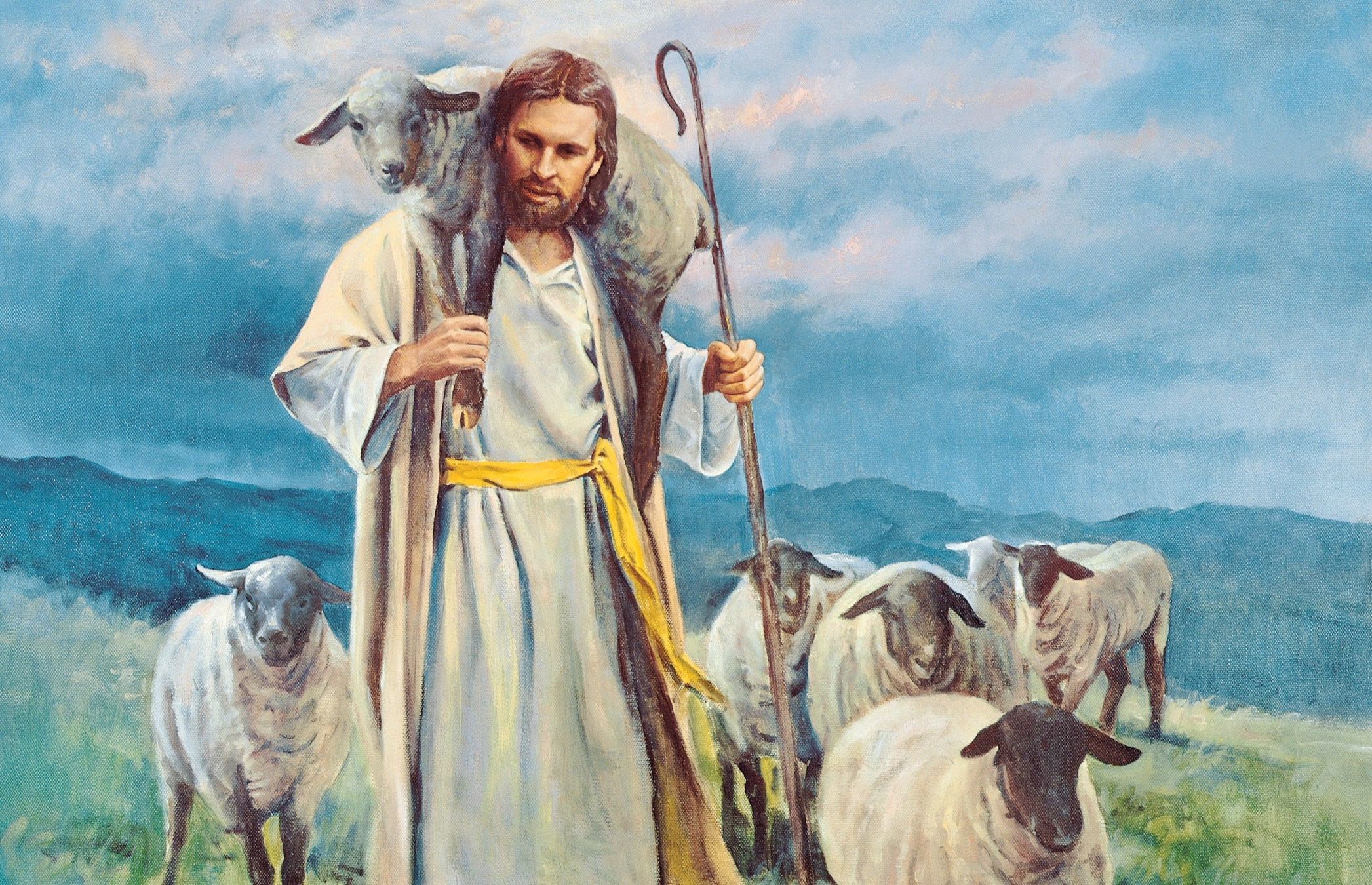Total control of our future is not possible … but our Faith, built on acts of kindness, builds a future with God
Third Sunday of Easter – May 4, 2025
The last part of the Gospel opens up the theme of the readings this week: despite our best intentions and efforts, life will dictate to us things we cannot control and cannot prevent.
However, Jesus reminds Peter, and us, that when we are feeding the sheep, all will be well. The unspoken warning is that when we are not feeding the sheep (ie. we are feeding ourselves and ignoring the sheep), all may not be well. Selfishness has it’s own rewards…
In short, we are reminded that we do not have much control over our future lives. This does not mean we should give up and not do our best to prepare for the future. Much of the future is a result of what we, and others, do today. When we prepare for the future, we are not only helping ourselves, but also helping the wider community.
The focus should not be to enrich ourselves but to help provide for ourselves, our families and others in need, so that we do not become a burden on others: this is simply Christian charity.
The invitation from Jesus to “feed my sheep” is also an encouragement to us all: after we have done our best while helping others along the way, God will provide shepherds in our lives to help us when we are unable to help ourselves. Sometimes the shepherds God sends to help us are unexpected: both for them and for us. We should be ready for some surprises!
And, here today, we should take a moment to reflect on family members and strangers alike who have often put their own lives on hold to care for us or other members of our family.
Can we take time to appreciate them this week? Can we take time to recognise how God is providing for us? And ask ourselves, how can I say thank you to God? Who can I be a shepherd to in my community or family? Who needs a break from being a shepherd?
In the 1st Reading, the Apostles are fresh out of jail for the second time with God’s help: but they still choose to front up to the Court of Elders (the Sanhedrin), and explain why they are preaching about the Resurrection. They could have avoided the difficulties it caused.
Do we also avoid confronting false realities in our community and challenging politicians? Our future (and our children’s future), depends on the triumph of truth and goodness.
In part one of the Gospel, the 153 fish is explained by experts to mean: the number of nations in the world at that time.
Symbolically it means God is here for everybody not just a few. This is emphasised by the information that the net was not broken: God has time for all of us. We only need to choose to be part of God’s great love affair with the world and us.
Part two of the Gospel recalls Peter’s denial of Christ three times and, now, Jesus gives him three chances to express his love for Christ: the Resurrection means God has forgiven us.
This encourages us to know that we can always try to undo our mistakes by performing acts of charity/ kindness for others: in the first place, we try to assist those we have offended. This is also a great way of preparing for the future.
But, we can also go beyond those we offended directly, by helping anyone we meet. This is helpful to understand for when a person we have offended or wronged is no longer in our community or has died. When we help anyone, we are helping the Body of Christ.
In the final part 3 of the Gospel, Jesus tells Peter that, as he grows older, he will have less say and control about where he goes and what he does. This is especially true for married people as their families develop, and various challenges arise through sickness, politics, economics and lifestyle choices.
Jesus is inviting us to be helpful shepherds to all around us in need: to help reduce suffering and be the presence of Christ today, and tomorrow. One day we will also need a shepherd or two.
Finally, let’s reflect on the issue of ‘control’ in our lives. Most of us try to be in control. It gives us a certain ‘peace of mind’ and takes away immediate fears. But it can become an obsession, if we are not careful, and we destroy our lives (and the lives of those close to us), as we try to control too much.
When we truly trust in God, we do not need to stress about being in total control: we teach ourselves to trust in God when we are being shepherds (helpful), to others. Selfishness teaches our unconscious mind to trust only in myself, and leads to loneliness and isolation.
We cannot survive in the future just by ourselves: the world changes our reality, and destroys our false securities: fire burns down our house; our bank goes bust and we lose our savings; thieves break in and steal my belongings; I have a crash and lose my leg. Let’s trust in God by caring for, and helping, others: God will never forget your kindnesses. HAPPY EASTER!
By Gerard Conlan, OMI


